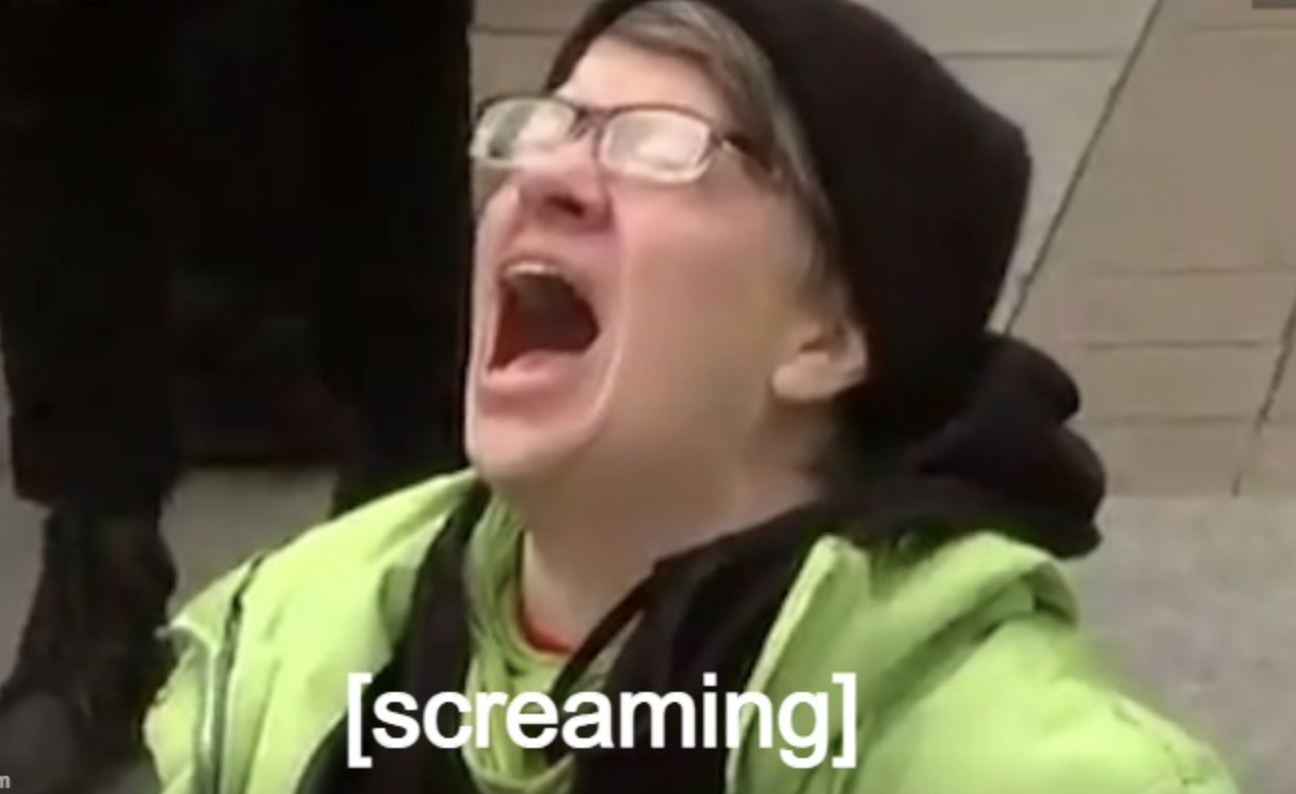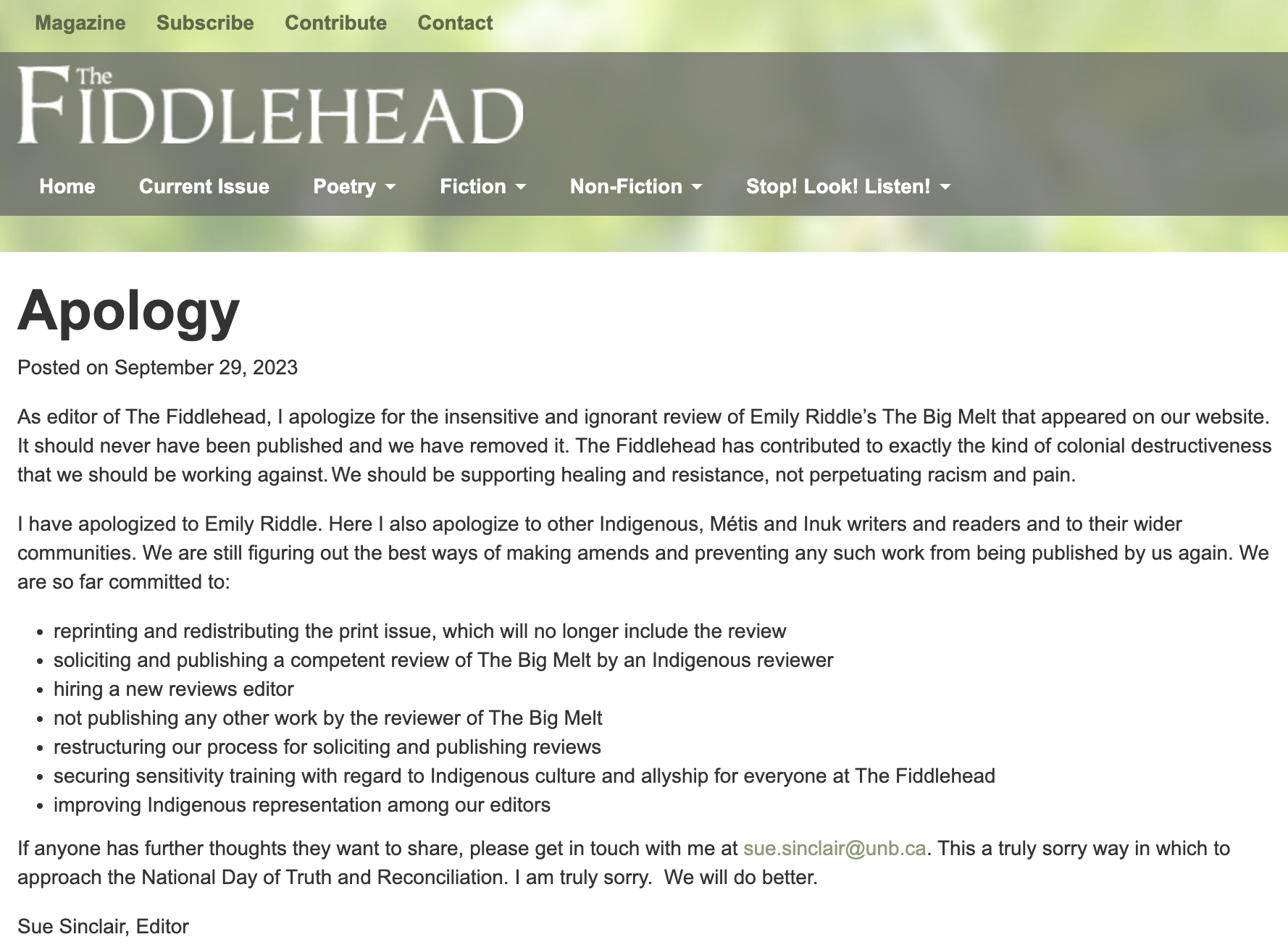 Wayne Jones is the University Librarian at Carleton University, but it’s his writing life we’ll discuss today. He’s written novels, short stories, and non-fiction books that are available on his website, Kindle, Amazon, and Smashwords. Currently, he’s working on a book about Samuel Johnson and another about comedian Greg Giraldo.
Wayne Jones is the University Librarian at Carleton University, but it’s his writing life we’ll discuss today. He’s written novels, short stories, and non-fiction books that are available on his website, Kindle, Amazon, and Smashwords. Currently, he’s working on a book about Samuel Johnson and another about comedian Greg Giraldo.
Interview
OM: We have an ongoing disagreement about the value and necessity of gatekeepers in book publishing. Yes, it’s never been easier to self – publish, but I still feel you need a big publisher, a well-respected small press, or the guidance and support of an agent to increase your odds of actual exposure. Do you still disagree with me?
WJ: I agree that a big publisher or a respected small press or the influence and advice of a good agent can help to get a book noticed and read. I would make two comments though. One, what does an author who can’t find a big publisher or a small press or an agent do? Does he just consign himself to writing only for himself, his family, and friends who genuinely support him, or does he try another model that could help as well? It used to be that the choice for an author was between good exposure and zero exposure, but now the ascendance of a new model of self-publishing provides a better range of options. And that’s my second point. There _is_ more than one model now. I’ve read stories about some authors who actually do quite well for themselves, both financially and in attracting a readership, by self-publishing. A lot of the stigma of self-publishing has also disappeared. And the new model does also point up some of the limitations or biases or inefficiencies of the old model. It’s not as if that old model was so resoundingly successful that all it left in its wake were absolutely wonderful works of literary art, pleased readers, and authors and publishers who wallowed in financial success. A lot of trash gets published, a lot of good writers never see the light of day.
OM: What have you done to promote the books you’ve published on-line? Do Smashwords and Amazon have a streamlined process for doing this, or are you on your own after publication?
WJ: I’ve done little bits here and there, but not enough really. It’s not that I don’t believe in the methods, but more that I only have so much time in my life and I can’t do everything I would like to do. I recently did a giveaway contest for one of my books on Amazon: I buy the books and offer them up to whoever comes first on Amazon. They were gone within minutes: no money for me, but two more readers. Yay, me! On Smashwords, for a while I offered my book as a “pay what you want” model. Again, readership was up, but royalties were down, if I could put it euphemistically. I want to be clear though that I am not cynical about the self-publishing model. It’s just started and I think it will make even more profound changes in publishing in the years to come. It reminds me of the reading of e-books. Even, say, 5 or 10 years ago many people could not imagine that they might do all their reading like that, but many people — I am one of them — now do. I’m so used to it that there’s this promising new book recently published about literary theory, but not available on Kindle yet, so I’m just waiting it out. These changes in cultural industries, especially when there are entrenched counter-interests from sectors such as print publishers and literary agents who might see a reduction of their gatekeeper status, take some time to fully play out.
OM: How did you become a coauthor on the Giraldo project?
WJ: The project was a successful project on Kickstarter by Matt Balaker, and I was one of the many supporters. After the project closed, Matt and I started talking by email and on the phone occasionally. Matt is a comedian, and I let him know that I am a big fan of Giraldo — it seems creepy to say “superfan” when I’m a middle-aged man, but there you go. One thing led to another, and while I was at a business dinner in Toronto one evening, I got an email from Matt with the subject line “Co-author?” I was really thrilled to be asked, and since then we have been working together on the chapters.
OM: Matt Balaker is a portfolio manager, former hedgie, comedian, writer, and inventor. What else can you tell us about your well-rounded partner?
WJ: He has a great sense of humour and understanding of comedy. He is a good interviewer too. Apart from that, he’s very easy to work with and very enthusiastic about the project and my role in it.
OM: What is it about Giraldo that is distinctive from his peer group?
WJ: I guess there are some aspects of standup comedy that are a matter of personal taste, that are subjective — just like for any art form — but there are some aspects that are objective facts. I have seen a lot of standup comedy, both live and on-screen, and so for good or for bad I have developed a certain taste — I hesitate to say knowledge or expertise — but a certain _taste_: there are some comedians and some styles of comedy that I really love and have respect for, and others not so much. I feel the same way about literary fiction, for example. I am not interested in writers who are trying to make a point, or teach me a lesson, or otherwise didactify me. I am not interested in writers who have Important Lessons About — well, about anything. I am interested in art and in aesthetics. I am more interested in the how and not the what. An “Important Novel” about some burning issue in our culture doesn’t necessarily have more literary value than a well-written novel about a man riding an escalator and tying his shoes (thank you, Nicholson Baker). It’s similar in comedy. Giraldo was interested only in being funny. He did not have issues he was pushing, or pet peeves he was interested in exposing. He was interested only in the laugh. Sometimes that laugh came from well-crafted writing. Sometimes he was responding to a heckler. And sometimes — like during the comedy roasts that he excelled at — the laughs came in the form of some pretty politically incorrect jokes that caused a lot of people to gasp and be offended and a whole range of other reactions that have nothing to do with appreciating good comedy art.
OM: Are any other writers involved besides you and Matt?
WJ: No, just the two of us.
OM: What is the plan for the promotion of this book? Will you be taking an active role in PR or is that Matt’s department?
WJ: We plan on a website, but beyond that we haven’t talked so much about promotion yet. We’re concentrating on getting more chapters drafted.
OM: I read in The Telegraph that John Cleese is no longer doing shows on university campuses because of a cry bully culture obsessed with safe spaces, micro-aggressions, and trigger warnings. Who would be kicked off campus first, Silverman or Giraldo? I think it might be the one who wonders why the retarded can’t just be resmarted.
WJ: That’s a tough one. I’m a big fan of both of them, partly because neither of them would shirk controversy just so that they could not be criticized. You may not know that they both were roasters on the Comedy Central roast of Pam Anderson, and Giraldo has a pretty sharp and incorrect joke about her that’s also very funny.
OM: Do you use your website to drive traffic toward your product, or is that just where you keep your life? Do you ever get emails from the site? Do you play with SEO?
WJ: I don’t do any of that. Again, it falls into the category of things that perhaps I should be devoting some time to, but really can’t fit it in.
OM: You tried using Kickstarter with the Samuel Johnson project. What did you expect to achieve and what actually happened? There seem to be two parts to a Kickstarter campaign: the amount of actual product you can sell, and the amount of publicity you can generate. A project that doesn’t reach its goal might still get a lot of publicity. Were you after money or attention? Why do you think Kickstarter imposes time limits on campaigns? Would you try Kickstarter again?
WJ: Alas, my Kickstarter campaign to help fund the publication of a biography I am writing about Johnson was not successful. My goal though was to attract some attention, not really to raise money. In that I was modestly successful. I was interviewed on the local CBC radio morning show. More people know about my book than did before. And so on. I am continuing to work on the book BTW. I’m not sure why Kickstarter sets time limits on campaigns. Perhaps they don’t want their database cluttered with doomed projects that go on for years? I have in fact tried Kickstarter again, just mostly on a whim. When I heard that Kim Kardashian would be publishing a book of pictures she took of herself called “Selfies,” I thought, How can I mock and parody this somehow? I started a book project called “Shellfish,” which would consist of pictures of Kim and shellfish together: Kim with the head of a lobster proclaiming her love for Kanye and her lack of knowledge of the location of her baby. Kim on the half-shell with a bit of horseradish in her eye. Kim slinking languidly from a snail shell, exhausted from doing nothing all day. You get the idea. There were no backers, and I had kind of got enough of it out of my system simply by conceiving the project, so I cancelled it. “True story,” as they say when a story seems too ridiculous to be true.




Great interview, guys.
Thanks so much, Judith. I think we should encourage Wayne to try his Shellfish project again on Kickstarter. Kim could really use the exposure.
Wow, awesome interview. Wayne is far more interesting than I knew. I’m looking forward to reading the book when it’s finished.
Anyone shifting their time between Samuel Johnson and Greg Giraldo has serious range. And the Kardashian “Shellfish” project will fly as soon as he can attach one of the brat pack artist/celebs like Shia LaBeouf or James Franco.